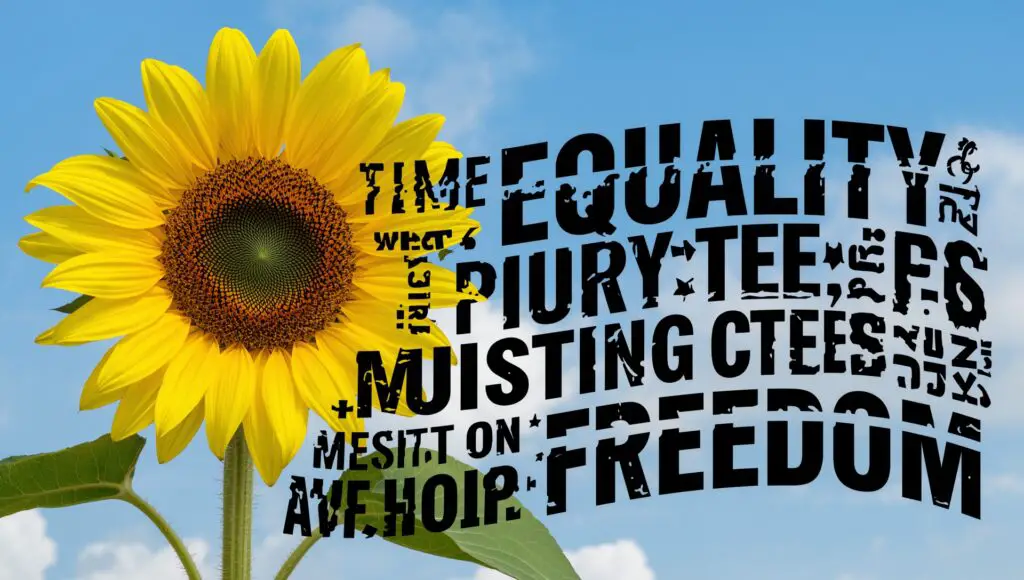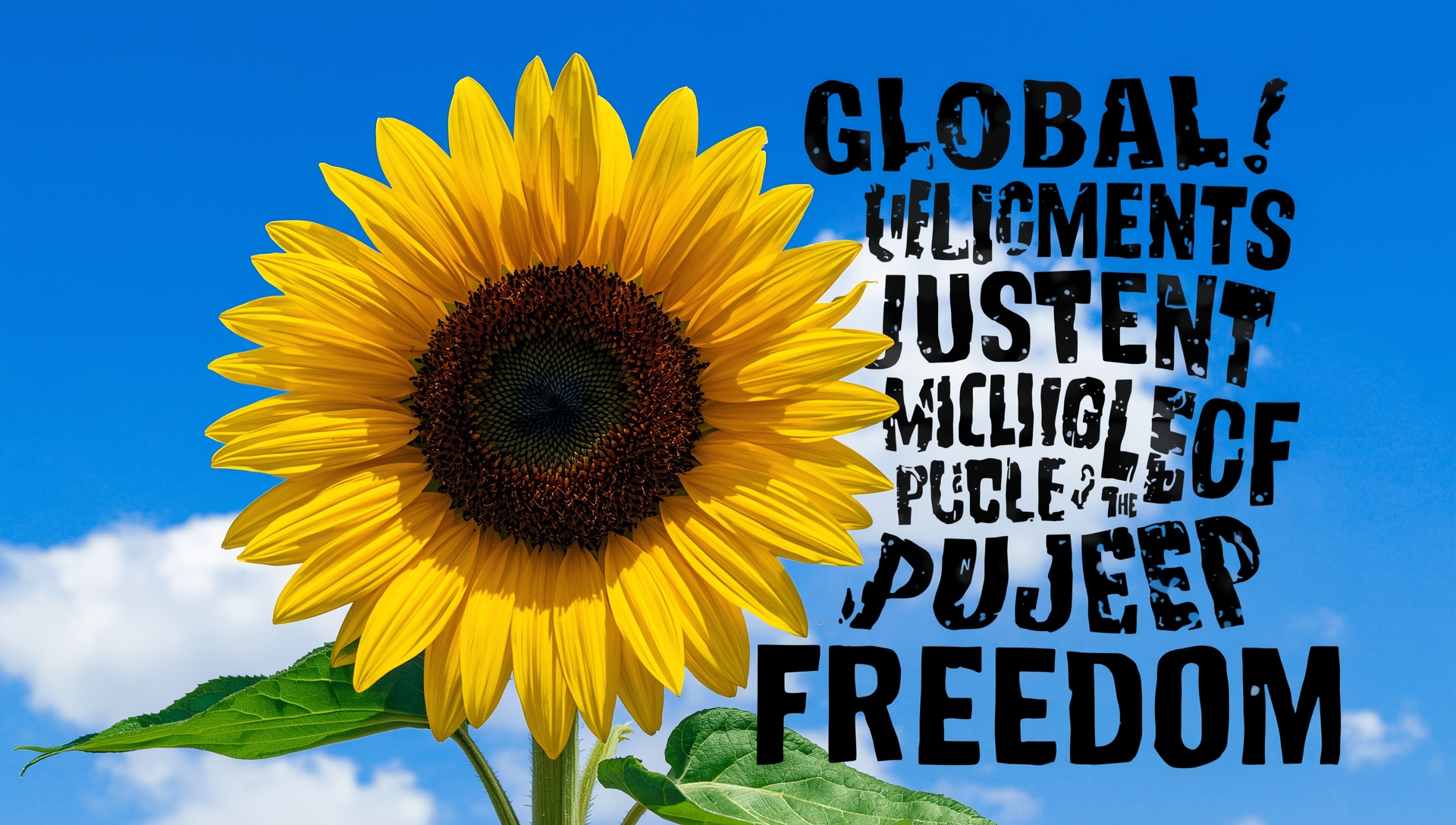The year 2025 continues to fuel enormous protests and social movements around the globe. From calls for democratic reform to gestures of solidarity, these movements highlight the growing strength of public dissent and the global interconnection of contemporary activism. Here’s a detailed look at the most impactful protests impacting our society.

Serbia: Anti-Government Uprising Intensifies
In Serbia, protests initiated by the fatal collapse of the Novi Sad railway station have grown into a statewide movement against government corruption and suppression. On August 14, the discontent reached a boiling point as demonstrators demolished offices of the ruling Serbian Progressive Party (SNS) and battled with police in Belgrade and other towns. The commotion brought injuries to scores of police officers and citizens and resulted in dozens of arrests. Protesters are demanding early elections and accountability from President Vučić’s administration (Reuters).
United Kingdom: Civil Liberties Clash with Anti-Terror Measures
The UK is facing a severe backlash over the branding of Palestine Action as a terrorist organization. Hundreds—including elderly and disabled supporters—have been arrested in protests, triggering arguments over free speech and governmental power. Critics refer to the arrests as a “gross abuse of state power,” while advocates defend firm postures amid security concerns (The Guardian, News.com.au, AP News).
Greece: Protests Against Israel Prompt Port Unrest
In Greece, union-backed rallies erupted in Piraeus to protest the landing of an Israeli cruise ship amid the Gaza crisis. Protesters hoisted Palestinian flags, and heated standoffs with law officers erupted. European labor groups are now pressing their countries, particularly Belgium, to reassess trade links with Israel in light of the humanitarian crisis (AP News).
Pakistan (Balochistan): A Region’s Cry for Justic
Balochistan has been engaged in unrest since March 20, following the Jaffar Express hijacking and related deaths. Activists have requested identification of victims and the release of vanished individuals, including famous campaigner Mahrang Baloch. The crackdown—marked by murders, arrests, and shutdowns—has provoked condemnation from human rights groups and calls from the United Nations for government accountability ([Wikipedia][6]).
Mongolia: Youth-Led Movement Forces Prime Minister’s Resignation
In Ulaanbaatar, significant protests began off in mid-May over corruption and economic injustice. Led by youth activists, a big petition and vociferous demonstrations led a no-confidence vote, ending in the resignation of Prime Minister Luvsannamsrain Oyun-Erdene by early June ([Wikipedia][7]).

Mali: Resistance Against Junta Escalates
Since May 3, Mali has experienced persistent civil disobedience against military rule. Demonstrators against President Assimi Goïta’s breakup of political parties and attempts to extend his mandate. Amnesty International and human rights groups have decried the crackdown, noting a growing demand for democratic restoration (Wikipedia).
Iran: Strikes Crack the Silence on Economic Despair
Nationwide protests and strikes swept across Iran in May, as nurses, truckers, farmers, and others rallied against rising costs, fuel shortages, and economic collapse. The widespread economic misery parallels the “Woman, Life, Freedom” movement, which began in 2022, underscoring continuous demands for fairness and reform (Wikipedia).
Bangladesh: Record-Breaking Solidarity with Gaza
On April 12, Dhaka witnessed one of its largest-ever pro-Palestine rallies. Dubbed the “March for Gaza”, it saw up to a million demonstrators asking for a halt to Israeli military attacks and a complete severance of ties with Israel. The protest concluded in restoring the words “except Israel” on Bangladeshi passports—a symbolic act demonstrating the government’s alignment with popular feeling (Wikipedia)
Global Movements: From Digital Mobilization to Transnational Solidarity
Activism in 2025 isn’t simply local. Movements like the Global March to Gaza—aimed at breaching the Gaza blockade—were organized but ultimately stopped. Egyptian authorities detained protestors, and hundreds of foreign activists were deported, emphasizing growing authoritarian resistance to international solidarity movements ([Wikipedia][11]).
Protest Trends and Impacts on Governance
According to Allianz Research, there were over 160 big protest events in 2024, leading into 2025—with 18% lasting more than three months. Businesses emphasize political violence as a major global risk, emphasizing how protests disrupt economies and destabilize social order ([Allianz Commercial][12]).
Why 2025’s Protests Matter
- Broader Participation: From students and nurses in Iran to farmers in Mongolia, varied actors are driving change.
- Hybrid Activism: Digital platforms foster mobilization, as demonstrated in Bangladesh’s Monsoon Uprising creating identities online (arXiv).
- Decentralized Resistance: Across continents, movements lack a single leader but are creating unity via shared demands.
- Global Consequences: What began as domestic protests now ripple internationally—from solidarity convoys to refugee policy debates.
- Global protests 2025 * Serbia anti-corruption protests * UK civil liberties crackdown 2025 * Greece Gaza solidarity protests * Balochistan human rights protests * Mongolia young activists resign PM * Mali pro-democracy protests * Iran nationwide strikes 2025 * March for Gaza Bangladesh * Political violence business risks Allianz

Final Thoughts
In 2025, protests and social movements are developing as strong drivers for change. Across continents, citizens are confronting power, demanding responsibility, and establishing solidarity. Whether in public squares or online forums, these movements are altering the political landscape—and redefining the fundamental idea of global citizenship.



